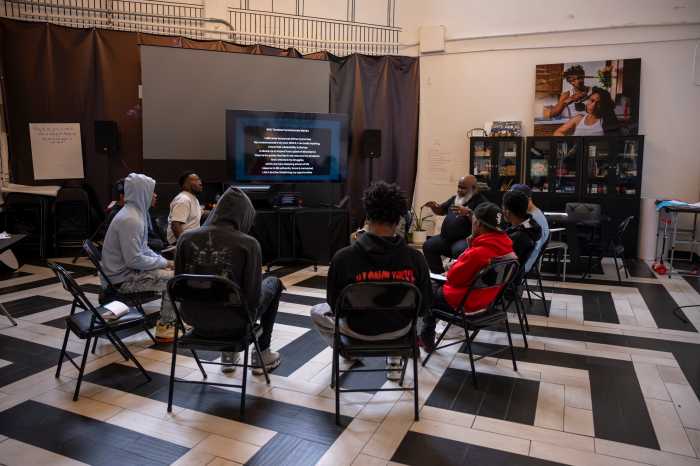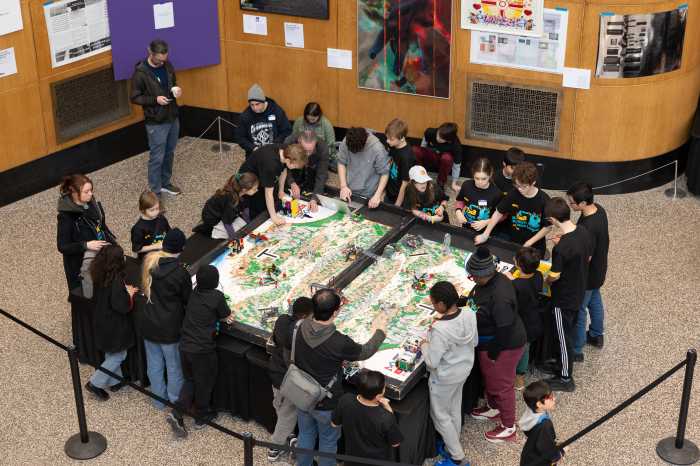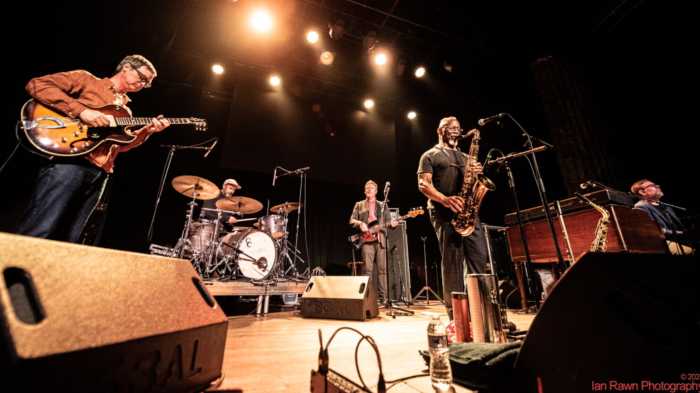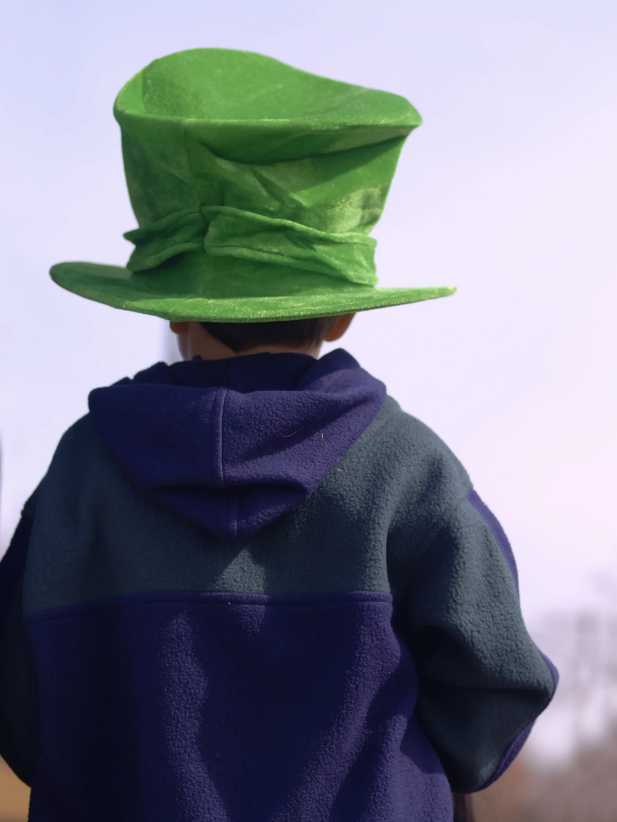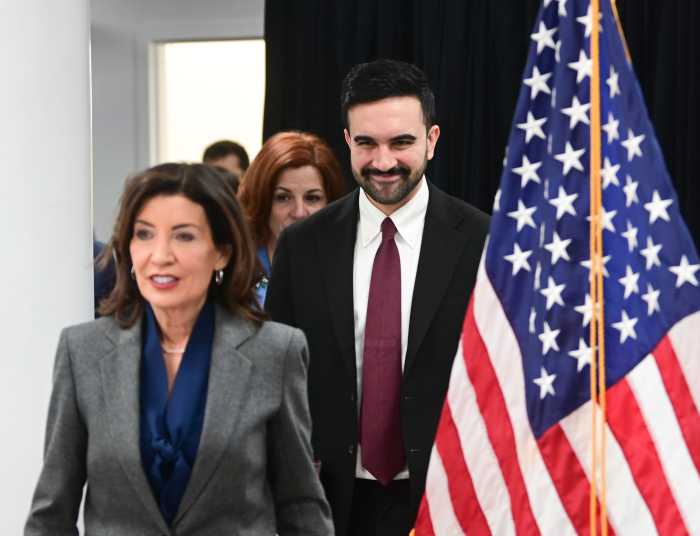I’m in the midst of reading “Thy Neighbor’s Wife,” Gay Talese’s 1981 book about the changing mores of sexuality in this country, and it is fascinating. Not that long ago, people were put in jail for trafficking sexually explicit content. D.H. Lawrence’s “Lady Chatterly’s Lover” was banned. Hugh Hefner followed the path that others paved with Playboy, and now, of course, everything imaginable is just a click away on the internet. Yet I think those easy-to-find images belie a continued resistance to honest dialogue about the role sex plays in people’s lives.
Showing intercourse is easy. What is hard is to shape and define what true intimacy looks like.
So how do we explain the intimate arts to our children?
For better or worse, kids pick up most of what they “know” by example, and talking about sexuality openly and unashamedly is important, especially if we hope our kids can do the same.
One night a few months back, apropos of nothing (except maybe the subject of rap lyrics he’s constantly uttering), we started talking about sodomy at the dinner table with my 15-year-old. With gay marriage a hot topic, I thought it might be interesting for him to understand that in many states sodomy is illegal. We talked about the hypocrisy of such laws, and about whether it should be up to the government to determine what we do in our bedrooms. It wasn’t awkward or uncomfortable, it was just an interesting conversation about the realities of people’s behaviors and the rules that society sometimes makes to try to angle people in a certain direction — one deemed “right” by those making the rules.
“It’s a really interesting topic for a school paper,” I suggested, knowing even as the words were out of my mouth that it was none of my business what he chose to write about. But still.
With all the seeming “knowledge” my kids have of sex from their unrestricted internet use, from movies and shows and sites that we do not ever monitor, I am most concerned that they might not understand the underlying emotions that these physical acts trigger and raise. Eli and I watched “Jerry Maguire” together recently and for all his explicit lyric singing, he got quite busy looking stuff up on his phone during the incredibly intimate kissing scene that seemed to me to go on forever.
For all that I pray that my boys are sensitive to their future partners, and careful to use protection, I don’t focus on warnings. Far too often, the fear and shame that gets fed to us early on thwarts any real possibility that we can find the true intimacy and joys of sexuality that make life so pleasurable. To me, there is little worse than making people feel bad for the thoughts that emerge naturally into one’s mind, for the feelings that creep unwittingly into one’s body.
It is challenging to talk about the confusing reality of desire, especially as a mom to a boy. I talk sometimes of my first kiss, but it feels inappropriate to go into the specifics about my first pleasures, how surprising and exciting they were. Can parents ever be the ones to help you navigate in this arena, or are we hog-tied and muzzled from muttering anything true lest it seem “creepy?”
It is a strange thing in a household, then, that sex becomes a little bit of the elephant in the room. It seems ever-present in media, especially comedy, and yet the dialogue about it is often course, vulgar, not very intimate at all. It doesn’t very often get to the important aspects of physical congress, the crucial intimacy that is born between people who engage in sexual acts together, the emotions that arise without reason.
My goal is to be there as a sounding board for my kids, to help them sort and figure their real feelings out amidst this ostensibly open climate that is still rather closed.
I guess the only way is to stay on top of it, to look for signs and little slivers of openings to have those real conversations.



